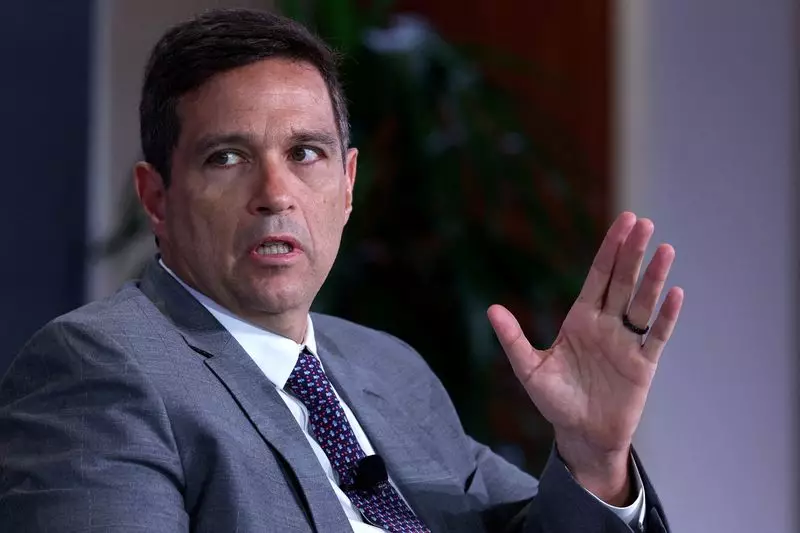The Brazilian real has been experiencing a rapid decline in value in recent times, with the currency weakening by nearly 12% against the U.S. dollar this year. However, despite this significant depreciation, the central bank of Brazil has refrained from intervening in the foreign exchange market. Central bank chief Roberto Campos Neto made it clear that no dysfunctions were observed that would necessitate intervention.
Campos Neto pointed out that specific Brazil-related factors are responsible for the accelerated weakening of the real. This depreciation is largely due to heightened risk perceptions and other internal circumstances within the country. Despite the recent relief in the currency’s value, driven by the central bank’s indication of a potential interest rate hike to combat inflation, the overall trend remains concerning.
While discussing the current economic scenario, Campos Neto highlighted the need for “perseverance” in managing the situation. The disinflation process initiated by the central bank has had a minimal impact on economic activity so far, but there are growing concerns about inflation expectations deviating from the official target of 3%. This divergence could pose challenges for the economy in the future.
According to Campos Neto, the decision not to intervene in the exchange rate market is a deliberate strategy aimed at allowing the currency to float freely and absorb external shocks. By adopting this approach, the central bank aims to prevent distortions in relative prices that could lead to misallocation of resources within the economy. However, the central bank stands ready to intervene if necessary, given its significant foreign exchange reserves.
In addition to discussing monetary policy and exchange rates, Campos Neto also addressed the issue of leadership within the central bank. He mentioned that Gabriel Galipolo, the current monetary policy director responsible for overseeing the foreign exchange market, is a probable candidate to succeed him when his term ends later this year. Galipolo’s appointment by the government underscores the importance of continuity in central bank operations.
Overall, the accelerated weakening of the Brazilian real presents both challenges and opportunities for the country’s economic landscape. While the central bank’s cautious approach to intervention reflects a commitment to market principles, ongoing vigilance and proactive measures will be essential to navigate the uncertainties ahead. As Brazil grapples with inflationary pressures and external risks, effective policy coordination and strong leadership will be critical to safeguarding the stability of the financial system and promoting sustainable economic growth.

